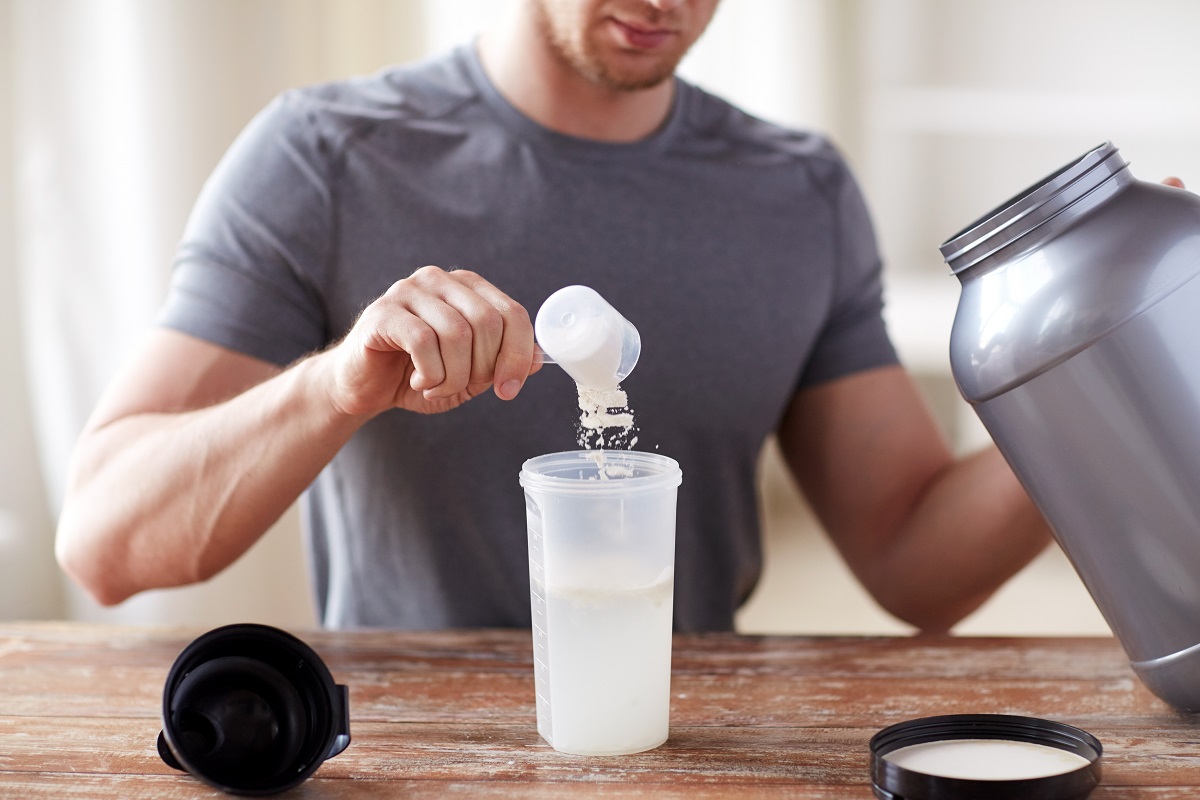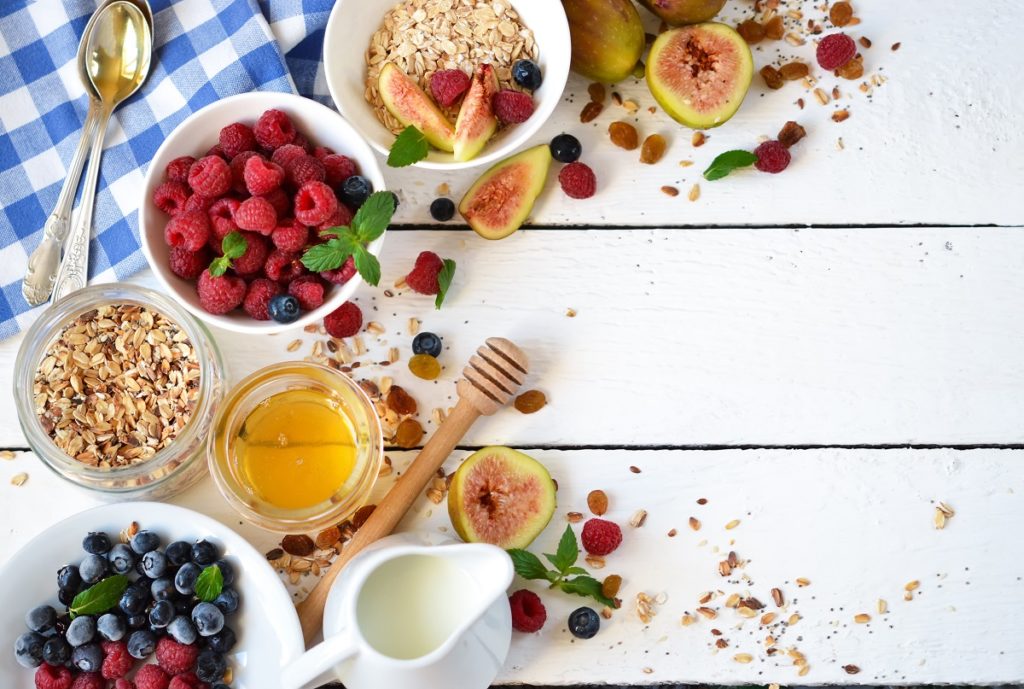It may have started out as a trend, but many of us have already adopted the lifestyle of eating healthy and following a good diet for our well-being. Whether splitting our traditional meals into seven small dishes spread throughout the day or adding more fruits and veggies to our meal plans, all of us have our own methods and strategies for eating healthy.
However because of the oversaturation of the term &ldquo healthy,” many of the seemingly good options available at our local grocery store aren’t actually as healthy as you may think. And while they are being marketed and advertised as good for your digestive health or perfect for burning fat, these statements often mask the potential risks carried by these so-called healthy options.
Are They That Bad?
Of course, they aren’t that bad; these are still better than your common processed junk food that carries zero nutritional value. But, the fact still stands that blindly trusting these healthy options can lead to problems. They could either work against your initial goal or, worse, warrant you a trip to your GI physician. So, to keep you safe and on the side of facts and information, here are some of the most famously known healthy food that you should air with a side of caution before going all-in.
#1 Coconut Oil
You’ve probably heard of the amazing benefits of coconut oil; from being an excellent hair moisturizer to a staple in many people’s skincare routine, it appears to be the jack-of-all-trades. And one of the best things it’s known for is being the healthier alternative for cooking and food preparation, capable of boosting heart health, fat-burning properties, and filled with healthy fatty acids.
However despite coconut oil boosting our HDL cholesterol, it naturally contains large amounts of saturated fat. And consuming a lot of saturated fat can lead to an increase of LDL cholesterol, the bad kind that increases the risk of heart disease. So, in the end, coconut oil cancels out its benefits, and it would be much better for you to choose olive oil. ;
#2 Agave Nectar
Everyone’s always on the search for a sweetener alternative that’s much healthier but achieves the same taste, and people often gravitate toward agave nectar as their solution. On paper, it boasts a lower glycemic index, which means it’s much easier on your blood sugar levels and can help combat health conditions like diabetes. And as a bonus, a lot of people claim that they even taste better.
However, agave nectar is guilty of containing high amounts of fructose, more than any other sweetener currently available in the market. What’s worse, the manufacturing process for agave nectar causes it to lose a considerable portion of its nutritional value, making it less effective in terms of health benefits. So, using agave nectar puts you at an increased risk of gaining weight and heart problems.

#3 Protein Powder
Athletes and active gym-goers will stand by their protein powder and say that it’s the key to building their muscles and keeping them in peak form. And there’s a lot of truth to this because protein is essentially the building block and promotes muscle growth and repairs damaged tissues from exercise.
However regardless of protein powder becoming a staple for many people looking to get in shape, many people don’t actually need to use it. Most of us get enough proteins from the food we intake throughout the day, and if you really need extra, you can always get slightly bigger portions. Most of the extra proteins that don’t get utilized by the body are stored as fat, which works against your initial goal.
#4 Granola
We all enjoy a good snack, and when it comes to being both nutritious and delicious, granola usually sits at the throne for everyone’s snacks & treats tier list. Filled to the brim with rolled oats, nuts, seeds, dried fruits, and even honey — it checks off most of the healthy alternatives into one mix. Depending on the ingredients, granola is perfect for reducing blood sugar levels and improving gut health.
But, plenty of the available package options you can find inside most grocery stores also come riddled with high amounts of sugar content and preservatives. And, instead of reaping the benefits, a handful of granola could reach up to two to three tablespoons of sugar.
Be Vigilant With Your Food
Overall, the secret to making these “healthy” options stay healthy is by being vigilant with your food choice. Anything inherently good can be bad with a bit of oversight, and all it takes is to overlook one detail to ruin your diet plan. Plus, always remember to keep everything in moderation and not to stuff yourself too much.

